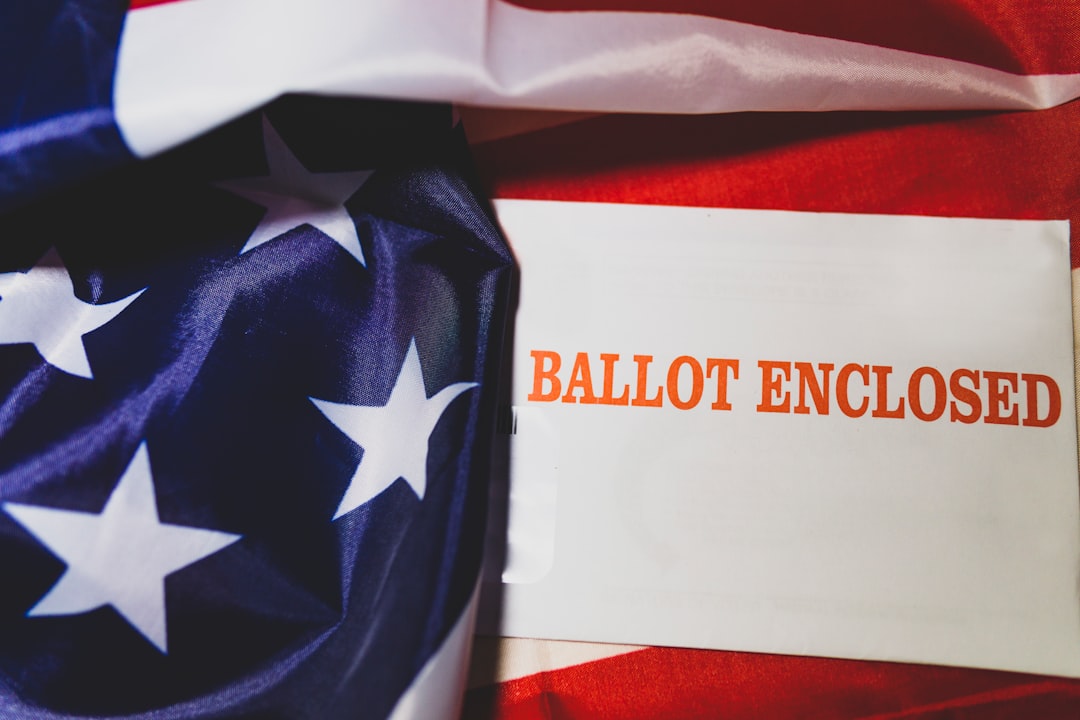
As the US gears up for another election cycle, investors around the globe are closely watching how the results could impact financial markets. While much of the focus is on the US stock market, emerging markets could also see significant ripple effects. Understanding these potential shifts is crucial for investors looking to navigate the complex dynamics between US policy changes and global economic trends.
1. The Importance of US Policies on Emerging Markets
US elections are not just about American domestic policy—they also have global repercussions. Emerging markets are particularly sensitive to US economic and foreign policies because of their reliance on trade, investment flows, and global stability. Policy changes in Washington, D.C., especially regarding trade, interest rates, and diplomatic relations, can trigger significant volatility in these markets.
Trade Policies and Tariffs: Trade policies are one of the most direct ways US elections can affect emerging markets. For example, any change in tariffs or trade agreements can directly impact countries heavily involved in exporting goods to the US. A more protectionist stance could hurt emerging market economies reliant on trade, while a more open approach might benefit them.
2. Interest Rate Policies and Capital Flows
US monetary policy is another critical factor for emerging markets. The Federal Reserve’s stance on interest rates, influenced by the outcome of the election, will play a significant role in capital flows. Higher US interest rates typically result in capital flight from emerging markets as investors seek safer, higher-yielding investments in the US. Conversely, a more dovish approach by the Fed could encourage investment in riskier emerging market assets.
The Dollar’s Impact: Emerging markets are also affected by the strength of the US dollar. A stronger dollar can make debt servicing more expensive for countries that have borrowed heavily in dollars. It can also make exports from these countries less competitive on the global stage. Monitoring the direction of the dollar post-election will be crucial for understanding emerging market dynamics.
3. Geopolitical Stability and Foreign Policy
Foreign policy decisions resulting from US elections could have profound impacts on emerging markets, especially those heavily tied to US foreign aid, military support, or economic sanctions. A shift towards more isolationist or aggressive foreign policies could destabilize certain regions, impacting both local economies and investor sentiment.
Sanctions and Alliances: Changes in US leadership could lead to different approaches to sanctions or alliances, affecting countries like Russia, China, and Iran, which, in turn, have significant implications for emerging markets that are economically tied to these countries.
4. What Should Investors Do?
For investors, navigating emerging markets during an election year can be tricky but rewarding. Here are some steps to consider:
Stay Informed About Policy Changes: Keeping up with potential changes in US trade and foreign policy is crucial. Investors should be prepared to adjust their portfolios based on these changes.
Monitor Key Economic Indicators: Use comprehensive tools like FMP’s Economics Calendar API to stay updated on global economic indicators that may impact emerging markets.
Diversify Across Regions and Sectors: Given the unpredictability of elections, diversification remains a key strategy. Investing across various emerging markets and sectors can help mitigate risks associated with policy changes.
Assess Currency Risks: With potential shifts in the US dollar strength, tools like FMP’s Forex Daily API can provide insights into currency trends and help manage forex risks.
Conclusion: Understanding the Uncertainty
The upcoming US election could bring significant changes to emerging markets, depending on the policies adopted by the new leadership. Investors should remain vigilant, diversify their investments, and use robust data analysis to stay ahead of potential market shifts. By understanding the potential impacts, they can better navigate the uncertain waters of global financial markets.

